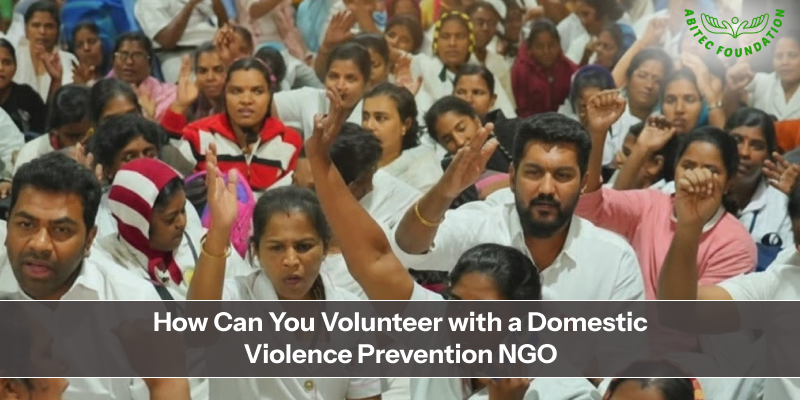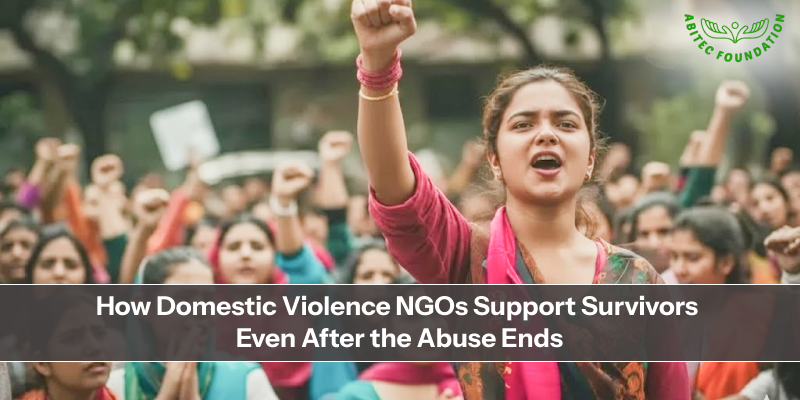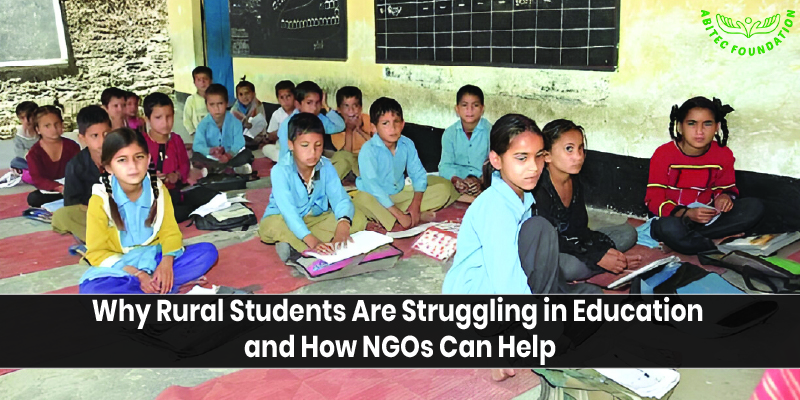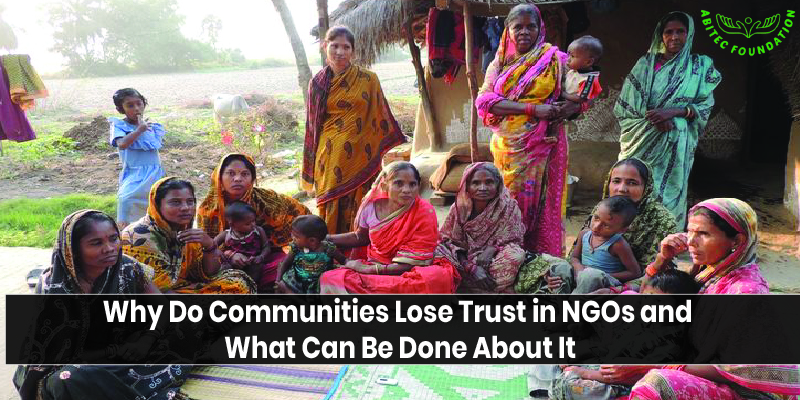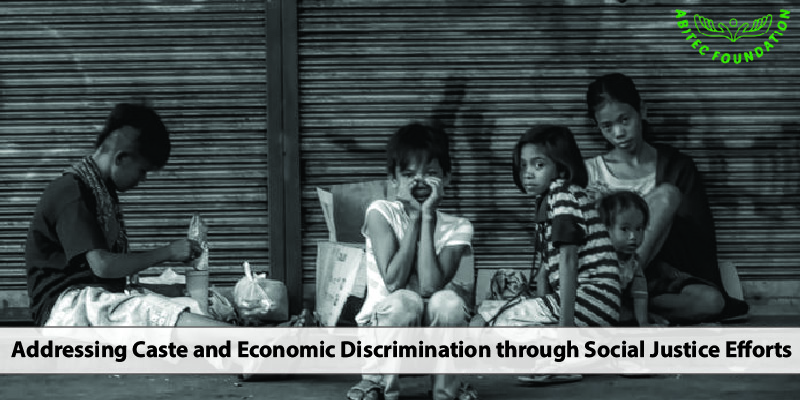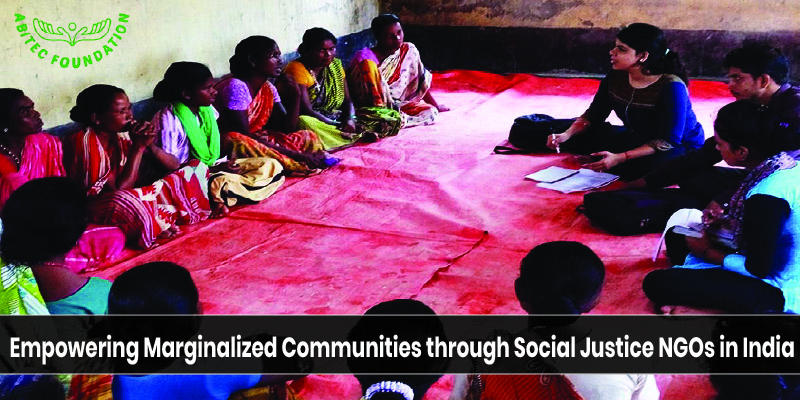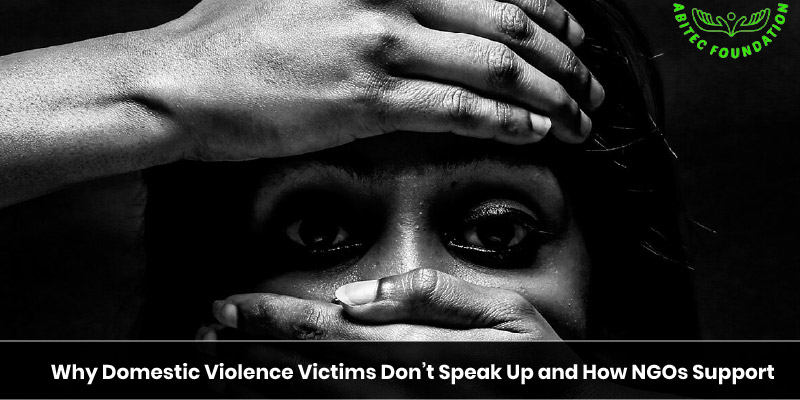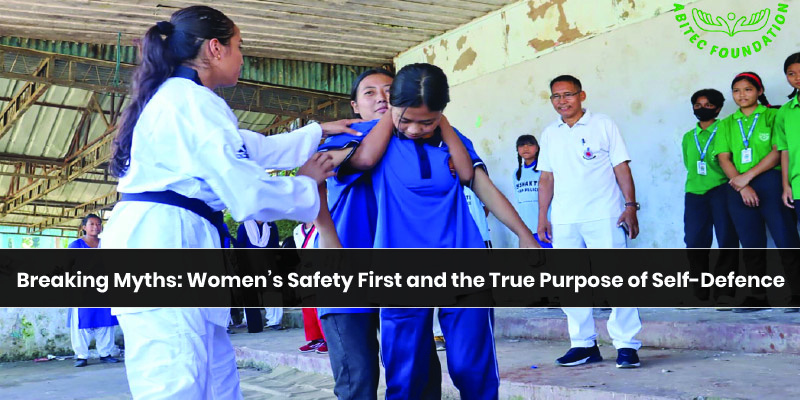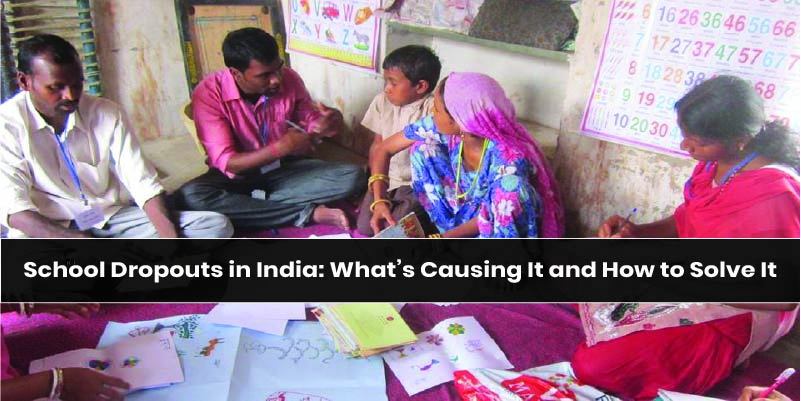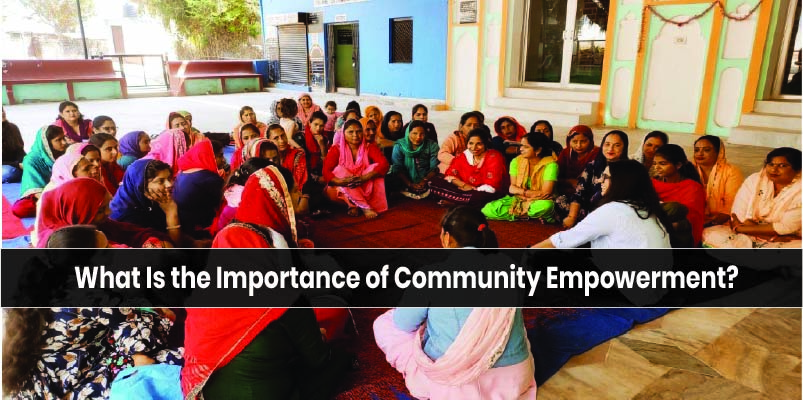Volunteering with a domestic violence prevention NGO is about being there when it matters. These organizations help individuals leave unsafe homes, spread awareness in communities, and work toward creating safer spaces for everyone. If you have ever wanted to help but were not sure where you would fit, volunteering is a good way to begin. You can work directly with survivors or help out in quieter ways behind the scenes.
Even a few hours can help more than you might think. What you bring might feel small, but it truly matters. Volunteering also helps you learn, grow, and use your skills for something that actually feels meaningful. Let’s look at the different ways you can get involved.
Why Volunteer with a Domestic Violence Prevention NGO
Stopping abuse is not only about stepping in during emergencies. It also means reaching people early, in places like schools and local communities, before harm begins.
So, do domestic violence prevention NGOs work with schools and communities? You start to understand their impact when you see what they do up close. Many NGOs work directly with schools, neighborhoods, and local groups to talk about healthy relationships and personal boundaries. They run workshops and awareness programs, along with simple activities that show people how to recognize and prevent domestic violence early on. When you volunteer, you support survivors in the moment while also helping build safer communities for the long run.
Volunteers also help spread the word about domestic violence prevention. This might mean helping with social media posts, assisting at workshops, or sharing educational resources. Every small effort helps more people understand the issue. Volunteering lets you support survivors and educate communities at the same time.
You May Like This Blog: Addressing Caste and Economic Discrimination through Social Justice Efforts
How Can I Support or Volunteer With a Domestic Violence Prevention NGO
Wondering what programs do domestic violence prevention NGOs offer? There are many ways to get involved with a domestic violence NGO. Your time and skills can be used in several areas, depending on what you are comfortable with and the training you are willing to complete.
Direct Support Roles
- Shelter Support: Help out around the shelter, cook a few meals, or just hang with the kids and keep them company.
- Hotline Advocate: Help survivors over the phone or chat once you’ve gone through the training.
- Court or Legal Assistance: Help survivors navigate court processes, file protection orders, or accompany them during hearings.
- Client Services: Get involved by tutoring, leading creative projects, or helping with activities that support survivors’ healing and recovery.
Professional and Administrative Support
- Administrative Help: Get started by sorting documents, keeping things organized, and helping out with office work.
- Marketing or Communications: Pitch in by handling social media, creating flyers, or making posts to get the word out.
- Finance and Data Support: Assist with accounting, data entry, or research projects that improve program outcomes.
Fundraising and Awareness
- Event Support: Plan, organize, and run events, fundraisers, or awareness projects.
- Community Outreach: Spread the word about programs, workshops, and services in your local community.
Tips for Successful Volunteering
It takes time and sensitivity to volunteer for domestic violence prevention. Here are some pointers:
- Be Real About Your Time
Sign up only for what you can truly manage. When commitments aren’t kept, it can unintentionally make things more difficult for survivors and staff.
- Use Your Skills
You do not have to be on a hotline or in a shelter to help. Skills like design, writing, social media, or organizing can make a big difference.
- Treat It Seriously
Think of volunteering like a job. Show up when you say you will because people and survivors are counting on you.
- Be Patient
NGOs usually run with small teams and not a lot of resources, so it might take them a little while to get back to you. Volunteering is also a way to help ease their workload.
How to Get Started
Getting started with a domestic violence prevention NGO is straightforward and can make a real impact. Here’s how to begin.
- Find Local Organizations: Check out nearby shelters or domestic violence groups and ask how you can help. You can also check with Abitec Foundation for roles you might be able to do.
- Apply and Connect: You might have to fill out a form, attend a short intro, or do a quick interview. It just helps them see where you can help most.
- Get Trained: Training is an important part of volunteering. Many people ask, how can someone report domestic violence through an NGO? Training shows you how NGOs handle reports safely and privately. Part of it is practicing how to really listen, explain what someone can do, and help them get the right support without pushing them.
- Commit to Helping: Just pick a time that works for you. It could be every week, once a month, or just for special events. Being there when you can really helps.
Making a Difference Beyond Volunteering
Volunteering is just one way to help. You can also support NGOs by:
- Spreading awareness about domestic violence prevention in your community.
- Helping out with campaigns that teach schools, workplaces, and neighborhoods about healthy relationships.
- Advocating for better policies and programs that protect survivors.
Helping out in any of these ways makes a difference, supporting survivors and stopping abuse before it starts.
Partner With Us
Wondering how NGOs help raise awareness about domestic violence prevention? Getting involved as a volunteer is a great way to make an impact. With a domestic violence prevention NGO, you can help survivors, educate communities about healthy relationships, and contribute in meaningful ways. Whether you assist directly, support the team, help with events, or spread awareness, every action counts.
If you want to get involved and make a difference, reach out to Abitec Foundation. We offer volunteer opportunities where you can use your skills and help survivors on their path to safety, stability, and independence. Every hand that steps up matters, and even small contributions can have a big effect.
Frequently Asked Question
- What roles can I take as a volunteer with a domestic violence prevention NGO?
You can assist in awareness campaigns, provide administrative support, help organize events, or offer skills-based services like counseling or advocacy.
- Do I need special training to volunteer with a domestic violence prevention NGO?
Some roles may require basic training, such as trauma-informed care, but many positions welcome volunteers without prior experience.
- How do I get started volunteering with a domestic violence prevention NGO?
Reach out directly to the NGO, fill out their volunteer form, and attend any orientation or training they provide to begin supporting survivors.

